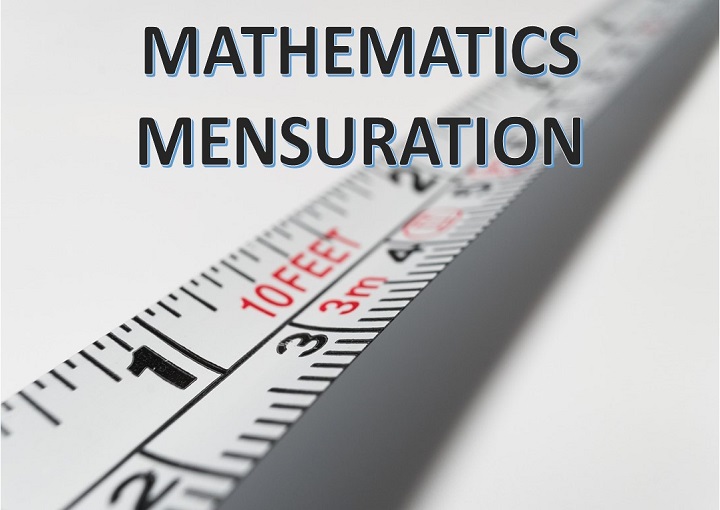Discover the fascinating world of mathematics mensuration, the art of measuring, and learn how to calculate the area, volume, and perimeter of various geometric shapes.
Introduction
Mathematics mensuration is a branch of mathematics that deals with the measurement of geometric shapes such as lines, angles, surfaces, and solids. It is an essential area of mathematics that is widely used in real-life situations, from calculating the area of a room to determining the volume of a tank.
In this article, we will delve into the fascinating world of mathematics mensuration, explore the different types of geometric shapes and learn how to calculate their area, volume, and perimeter.
What is Mathematics Mensuration?
Mathematics mensuration is the process of measuring and calculating the properties of different geometric shapes. The most common properties that are measured include area, volume, and perimeter. In order to accurately measure these properties, mathematicians have developed a variety of formulas and techniques.
Types of Geometric Shapes
There are many different types of geometric shapes that can be measured using mathematics mensuration. Here are some of the most common types:
2D Shapes
- Circle
- Square
- Rectangle
- Triangle
3D Shapes
- Sphere
- Cube
- Cylinder
- Cone
Calculating the Area, Volume, and Perimeter
Calculating the area, volume, and perimeter of different shapes requires different formulas and techniques. Here are some of the most common:
Calculating the Area of 2D Shapes
To calculate the area of a 2D shape, use the following formulas:
- Circle: πr²
- Square: s²
- Rectangle: l × w
- Triangle: ½bh
Calculating the Volume of 3D Shapes
To calculate the volume of a 3D shape, use the following formulas:
- Sphere: 4/3πr³
- Cube: s³
- Cylinder: πr²h
- Cone: 1/3πr²h
Calculating the Perimeter of 2D Shapes
To calculate the perimeter of a 2D shape, use the following formulas:
- Circle: 2πr
- Square: 4s
- Rectangle: 2l + 2w
- Triangle: a + b + c
Conclusion
In conclusion, mathematics mensuration is a fascinating branch of mathematics that plays a crucial role in our daily lives. By understanding the different types of geometric shapes and how to calculate their area, volume, and perimeter, we can better understand and measure the world around us. Whether you are an architect, engineer, or simply someone who enjoys solving puzzles, mathematics mensuration is a valuable tool to have in your arsenal. So the next time you need to measure something, remember the art of mensuration and how it can help you accurately calculate the properties of different shapes.
FAQs
1. What is the difference between area and volume?
Ans. Area is the measurement of the amount of space that a 2D shape takes up, while volume is the measurement of the amount of space that a 3D shape takes up.
2. Why is mathematics mensuration important?
Ans. Mathematics mensuration is important because it helps us to understand and measure the world around us. From calculating the area, perimeter, distance, volume etc.
![]() 3. What is the difference between perimeter and circumference?
3. What is the difference between perimeter and circumference?
Ans. Perimeter is the measurement of the total length of the boundary of a 2D shape, while circumference is the measurement of the length of the boundary of a circle.
4. How is mathematics mensuration used in real life?
Ans. Mathematics mensuration is used in a variety of fields, such as architecture, engineering, physics, and finance. For example, architects use mensuration to calculate the area and volume of buildings, while engineers use it to determine the size and shape of components for machinery.
5. What are some common mistakes to avoid when calculating measurements?
Ans. Some common mistakes to avoid when calculating measurements include:
- Using the wrong formula
- Forgetting to convert units
- Not using the correct number of significant figures
- Forgetting to include all necessary dimensions in the calculation

